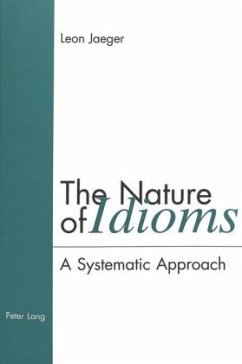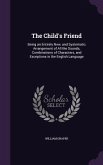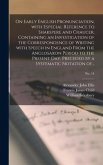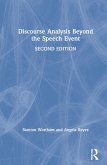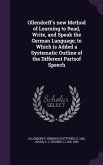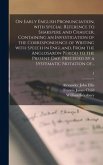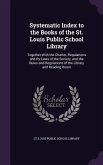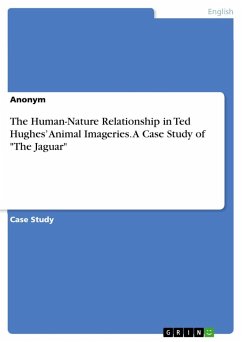Diversity of outward appearance is prevalent among idiomatic expressions as a matter of observation; it is also a prominent obstacle to tracing the origin of idioms as a type of linguistic objects and closing in on the nature of idiomaticity. The enquiry presented here proposes a framework for dealing with this diversity. It is guided by the approach to widespread multiplicity of forms taken in other disciplines, and it applies methods of evolutionary systematics as developed in the study of living organisms. The issues discussed on this basis, using the case of English idioms, include: the relationship between idioms and figures of speech; the part played by definable figurative patterns in the make-up of individual idioms; the respective time dimensions of those patterns and the idioms of a given language. An evolutionary classification of idioms as lexical units is put forward and a hypothesis regarding the time depth of patterns advanced.

